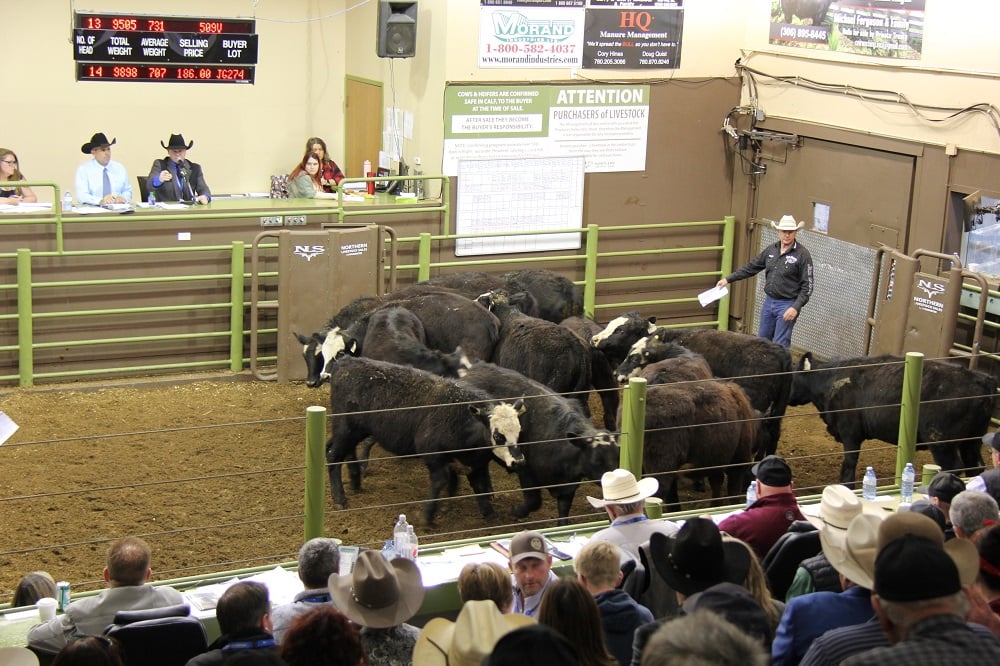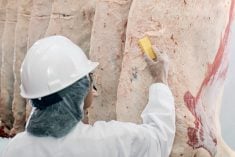It’s not so much that the longer this NAFTA negotiation goes on, the less we know. It’s more like the more things we never thought of, or ones we didn’t know we needed to know that come up. For example, now that it is becoming more likely that negotiations are going to drag on for some time, it raises the possibility that President Trump’s Trade Promotion Authority (TPA) will expire July 1.
What is that? Constitutionally, the power to approve treaties and trade deals rests with Congress. But since it is a tad impractical to set 535 members of Congress to negotiating trade deals, from time to time they extend that authority to the executive branch of government with the provisos that the administration keep them informed on the progress of the negotiations and that one or both houses of Congress must approve the deals on up or down votes with no amendments. The authority is not granted automatically. A Democratic Congress refused it to President George Bush for some years. President Obama had it after Bush but was little interested. The Democrats in America tend to oppose trade because their labour union backers and environmental zealots oppose trade.
Read Also

Cattle Market Summary
Break-evens, cow and calf prices, plus market summaries courtesy of Canfax and Beef Farmers of Ontario. Cost of Production May…
Since the Democrats hate President Trump so badly they’d deny him hair glue and hair spray if they could figure out a way, renewing his TPA may not be a slam dunk. However, some of the unions might take a more enlightened view this time, realizing that NAFTA trade in industries like autos is so interconnected that their union jobs depend on jobs in Canada or non-union jobs in Mexico.
One piece of good news came early in February. The confirmation for Gregg Doud to be chief agricultural negotiator had been passed through the appropriate Senate committee but a vote in the full Senate had been put on hold by an Arizona senator, based on an unrelated issue. That hold was later lifted and Doud only required a Senate floor vote to be become official. A stout free trader and livestock industry veteran, his presence cannot help but boost the chances for getting a deal done without ruining NAFTA for agriculture.
National Cattlemen’s Beef Association’s (NCBA) Kent Bacus, director of international trade and market access, reported from the Montreal sessions that both Canadian and Mexican negotiators seemed more engaged this time. He sees the automotive industry as the critical element, with President Trump having to see a victory in the final result. He sees May as the last chance to get a deal done in 2018 before all the American attention goes to the midterm elections in November.
Introduced at the NCBA convention as the highest-ranking trade lawyer in Washington, D.C., Gary N. Horlick warned of a downward spiral for President Trump if he signs a notice of withdrawal from NAFTA, setting off the required six-month’s notice: it would affect the election of Republicans, it would ruin farm and ranch income, the futures market would collapse and manufacturers with union contracts requiring 60-day layoff notices would have to begin giving notice. The legal suits would begin to fly.
Horlick doesn’t think it will happen that way. He thinks it probable the negotiations will not end this year but go on into next year, with the current agreement continuing until then.
Traceability is again under serious study and consideration in the U.S. A combination of USDA, state and national veterinary authorities and livestock groups are studying how to organize and administer a program designed to utilize an RFID system to modernize and greatly speed up disease tracing and control. Because of the objections of some, the program would have to be voluntary and estimates range from 68 to 70 per cent of mother cows would need to be identified to reach an effective mass. Feeder cattle are not contemplated at this time. Timetables and implementation dates are fluid for now.
The requirement effective last December that all U.S. commercial trucks shift from paper logs to electronic logs also has the livestock hauling industry in an uproar. When pressed, department of transportation officials admitted they never considered the difficulties to purse and animal welfare when they put stricter limits on driving time and mandated longer rest periods on livestock haulers. There is no way long hauls can be completed within the allotted 11-hour driving period after a ten-hour break, limited to 14 hours/day total driving time and other restrictions.
A 90-day waiver was granted to livestock haulers but that expires March 18. The industry has discussed a number of solutions with government officials, including allowance for sorting and loading for the first 150 miles and shorter rest periods, with little indication of give from government officials. USDA is hoping to be allowed into the discussion, perhaps with input from the White House. NCBA is pushing for a one-year exemption. Livestock haulers as a group have an excellent safety record and the cattlemen and truckers feel they should be allowed some leeway to work out solutions.
















